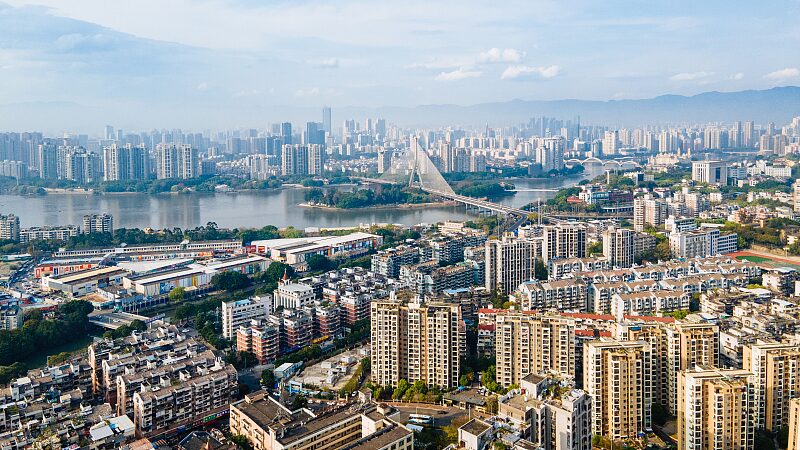Archaeologists have uncovered a trove of stone tools at the Keqiutou Neolithic site in Fuzhou, Fujian Province, shedding new light on the origins of the Austronesian peoples. Dating back between 5,000 and 6,500 years, these artifacts bear striking resemblance to those found at the Dachakeng ruins in Taiwan.
The discovery suggests a strong cultural connection between the prehistoric populations along the Chinese mainland’s southeastern coast and the inhabitants of the island of Taiwan. This connection provides valuable insights into how these ancient communities utilized marine resources and how agricultural practices spread to the islands of Southeast Asia.
“The Keqiutou site offers crucial evidence for understanding the migration and dispersion of Austronesian peoples,” said a lead archaeologist involved in the excavation. “The similarities in tool-making techniques indicate a shared heritage and point to possible migration routes.”
The findings at Keqiutou not only deepen our understanding of early human activity in the region but also contribute significantly to the broader narrative of human migration across Asia. The site’s importance was recognized nationally, as it was selected as one of China’s top 10 archaeological discoveries of 2023.
Experts believe that continued research at Keqiutou will further unravel the complex interactions between ancient communities. The site stands as a testament to the rich cultural exchanges that have shaped the history of Asia, offering a tangible link between the past and the present.
Reference(s):
cgtn.com








